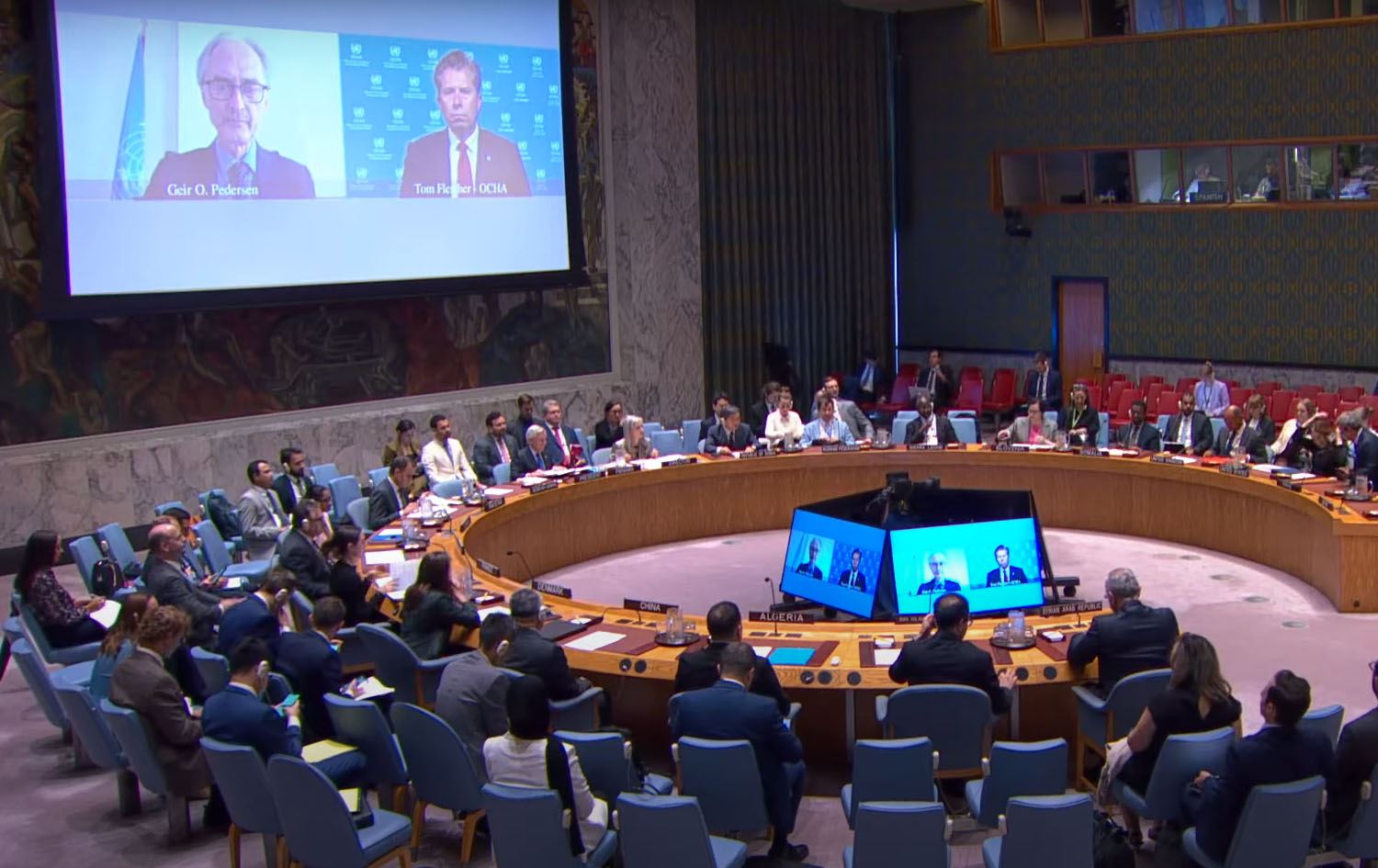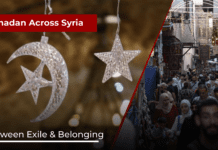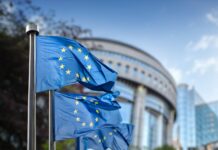
Syrian President Ahmad al-Sharaa has made it clear that partition is not an option for the country’s future. In a speech given last week, he described those calling for division as “politically ignorant and dreaming,” stressing that Syrian society rejects such proposals. “There are no real risks of partition,” he said, emphasizing that attempts to create internal cantons are “impossible to happen.” Sharaa argued that international actors hostile to Syria’s unity seek to weaken the state by undermining its internal cohesion, but he called such efforts unrealistic.
He also dismissed any reliance on Israel as impractical, noting that the southern region’s dense population would make sustained occupation impossible. “It is mentally and politically impossible,” he said, underscoring that Syria remains indivisible. President Sharaa further reaffirmed the state’s policy of limiting arms to official institutions and advancing reconciliation efforts in Suwayda and Daraa following recent unrest.
UN Security Council Reaffirms Commitment to Sovereignty
The UN Security Council held a session Thursday to discuss Syria’s political and humanitarian situation. Delegates reaffirmed the international consensus on Syria’s sovereignty and territorial integrity. Syria’s Permanent Representative to the UN, Qusay al-Dahhak, condemned recent Israeli strikes, calling them violations that “disrupt progress and threaten Syria’s stability and sovereignty.”
Dahhak said the government remains committed to dialogue, reconciliation, and cooperation with UN bodies. He called for an end to sanctions, arguing they prolong economic suffering. “The war in Syria has devastated it and left behind painful suffering for all Syrians,” he said, stressing that recovery depends on lifting restrictions that hinder development.
Representatives from the US, Russia, France, and others echoed support for Syria’s unity while urging accountability for violence in Suwayda. UN Special Envoy Geir Pedersen welcomed ceasefire monitoring efforts and stressed that “Syrian sovereignty, independence, and territorial integrity must be respected.”
Arab States Link Syria’s Stability to Regional Security
The Arab Group at the UN, represented by Qatar, also underscored that Syria’s stability is integral to wider regional security. “Maintaining its unity and national institutions is the real guarantee to prevent regional instability and combat terrorism,” said Ambassador Sheikha Alia Ahmad bin Saif al-Thani. She called for international support to advance recovery, reconciliation, and reconstruction.
The Arab Group condemned Israeli violations and urged the full lifting of economic restrictions. Thani stressed that aid, reconstruction, and investment are crucial to easing the hardships Syrians face and to supporting long-term peace.
Unity as a Path Forward
Diplomats and officials across the board agree that Syria’s territorial integrity must be preserved. Whether through ongoing ceasefire agreements, reconciliation efforts in provinces, or international engagement at the UN, the consensus is clear: a fragmented Syria would endanger not only its own people but also the wider region. The path toward peace, recovery, and stability, officials say, lies in a united Syria with sovereignty intact.








